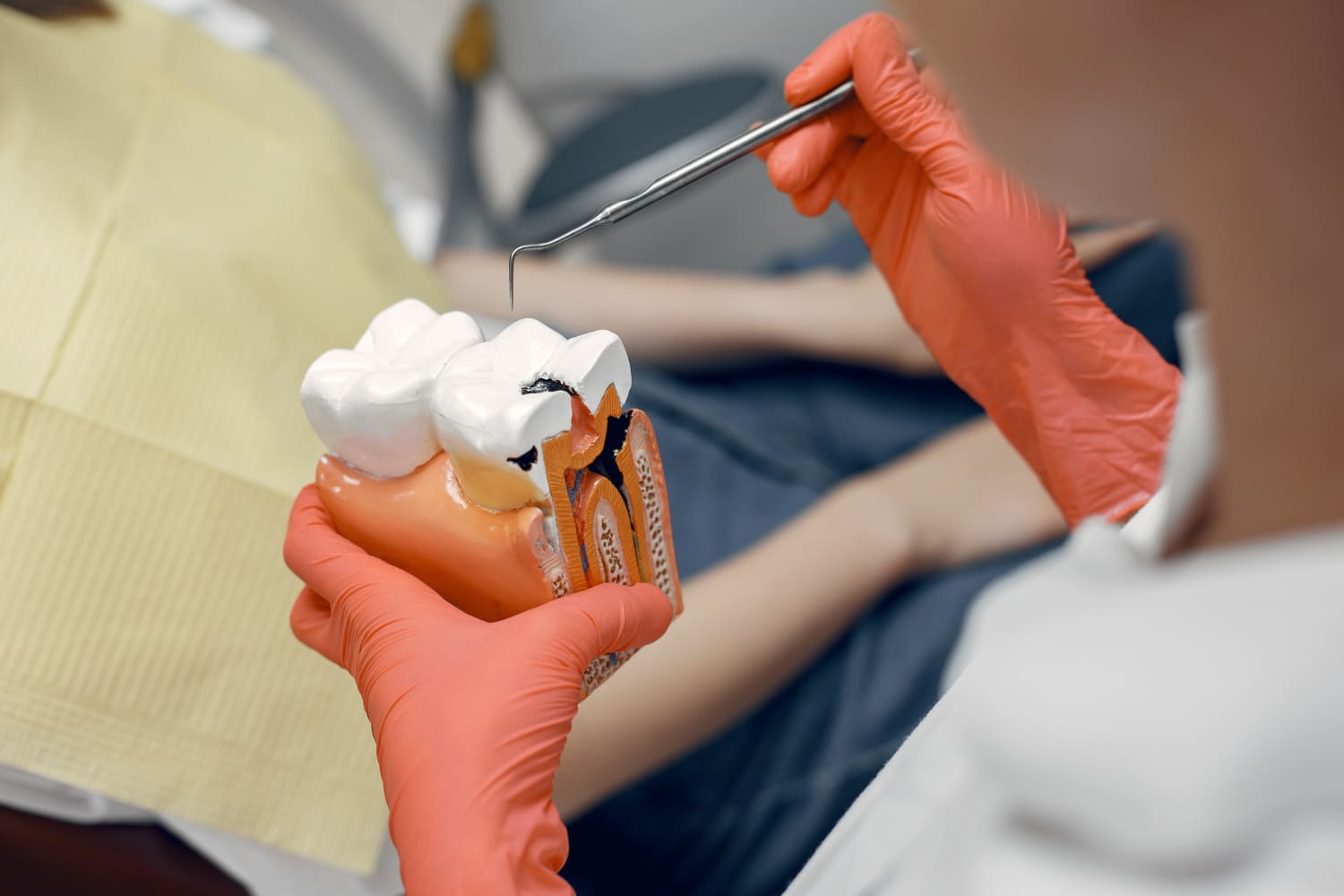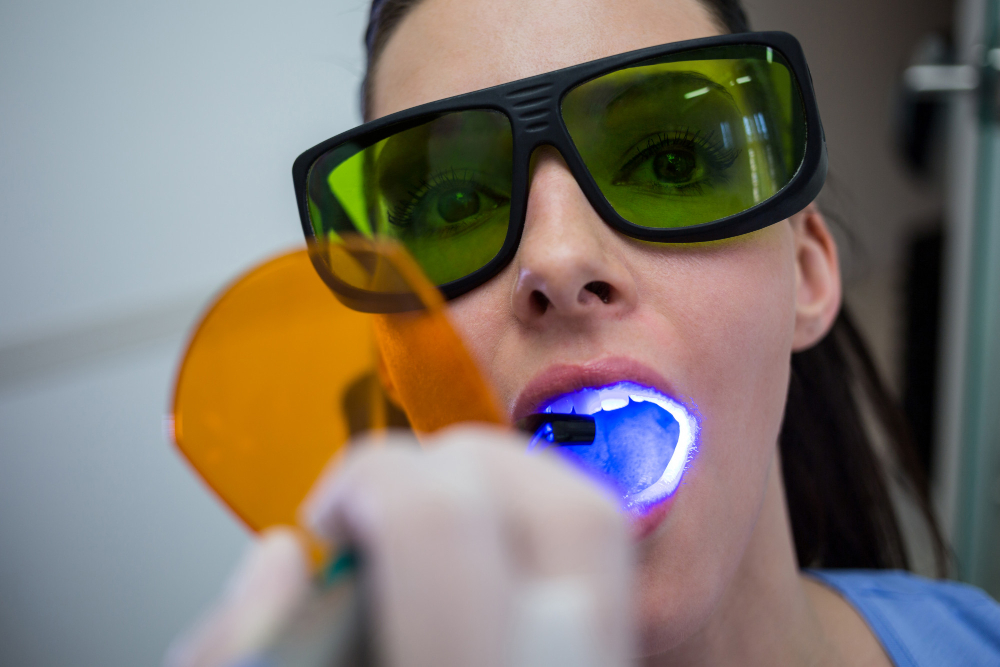Introduction
Dental caries, commonly known as tooth decay or cavities, is a prevalent oral health issue that affects people of all ages. It occurs when the hard outer layer of the tooth, called enamel, becomes damaged and forms a hole or cavity. Dental caries can lead to tooth sensitivity, pain, and even tooth loss if left untreated. In this article, we will explore the causes, symptoms, and treatment options for dental caries, shedding light on this common dental problem.
Causes of Dental Caries
Role of oral bacteria
The primary cause of dental caries is oral bacteria. Our mouths are home to numerous bacteria, some of which produce acids when they come into contact with sugars and carbohydrates from our diet. These acids gradually erode the tooth enamel, leading to the formation of cavities.
Importance of oral hygiene
Poor oral hygiene practices, such as infrequent brushing and flossing, can contribute to the development of dental caries. When we neglect to remove food particles and plaque from our teeth, the bacteria in our mouths feed on the remaining sugars and produce acids that attack the enamel.
Dietary factors
A diet high in sugary and acidic foods and beverages can increase the risk of dental caries. Regular consumption of sugary snacks, sodas, and candies provides ample fuel for oral bacteria to produce acids and damage the tooth enamel.
Dry mouth
Having a dry mouth, either due to certain medications or a medical condition, can increase the risk of dental caries. Saliva plays a crucial role in neutralizing acids and remineralizing the teeth. A lack of saliva can lead to a more acidic environment in the mouth, making the teeth more susceptible to decay.
Genetics and tooth structure
Some individuals may be more genetically predisposed to dental caries due to variations in their tooth structure or the strength of their enamel. These factors can affect the susceptibility of teeth to decay.
Symptoms of Dental Caries
Tooth sensitivity
One of the early signs of dental caries is tooth sensitivity. Individuals may experience discomfort or pain when consuming hot, cold, or sweet foods and beverages. This sensitivity occurs when the enamel becomes thinner, exposing the underlying dentin, which is more sensitive to external stimuli.
Toothache
As dental caries progresses, individuals may develop a toothache. The pain can vary in intensity and may be constant or intermittent. It often worsens when biting down or consuming sugary foods.
Visible signs
In some cases, dental caries may be visible to the naked eye. Cavities can appear as dark spots or holes on the surface of the affected tooth. However, it is important to note that not all cavities are easily visible, especially in their early stages.
Bad breath and unpleasant taste
When dental caries are present, the bacteria in the mouth produce foul-smelling compounds that can cause bad breath. Individuals may also experience an unpleasant taste in their mouth, even after brushing their teeth.
Treatment of Dental Caries
Dental fillings
The most common treatment for dental caries is the placement of dental fillings. The decayed portion of the tooth is removed, and the resulting cavity is filled with a tooth-colored material, such as composite resin or amalgam. Fillings restore the tooth’s structure and prevent further decay.
Dental crowns
In cases where the decay is extensive and compromises the tooth’s structural integrity, a dental crown may be recommended. A dental crown is a custom-made cap that covers the entire tooth, providing strength and protection.
Root canal therapy
If dental caries progresses to the innermost layer of the tooth, called the pulp, a root canal may be necessary. During this procedure, the infected pulp is removed, and the root canal is cleaned, filled, and sealed. A crown is often placed on the tooth to restore its function and appearance.
Tooth extraction
In severe cases where the tooth is extensively decayed and cannot be saved, tooth extraction may be the only option. After extraction, the dentist may recommend tooth replacement options, such as dental implants, bridges, or dentures.
Preventive measures
Prevention is always better than treatment when it comes to dental caries. Practicing good oral hygiene, including brushing twice a day, flossing daily, and using fluoride toothpaste, can help remove plaque and prevent the formation of cavities. Regular dental check-ups and professional cleanings are also crucial in detecting and treating dental caries in its early stages.
Conclusion
Dental caries is a common dental problem that can lead to tooth pain, sensitivity, and even tooth loss if left untreated. Understanding the causes, recognizing the symptoms, and seeking timely treatment are essential for maintaining good oral health. By practicing proper oral hygiene and visiting the dentist regularly, individuals can minimize their risk of developing dental caries and enjoy a healthy smile for years to come.




